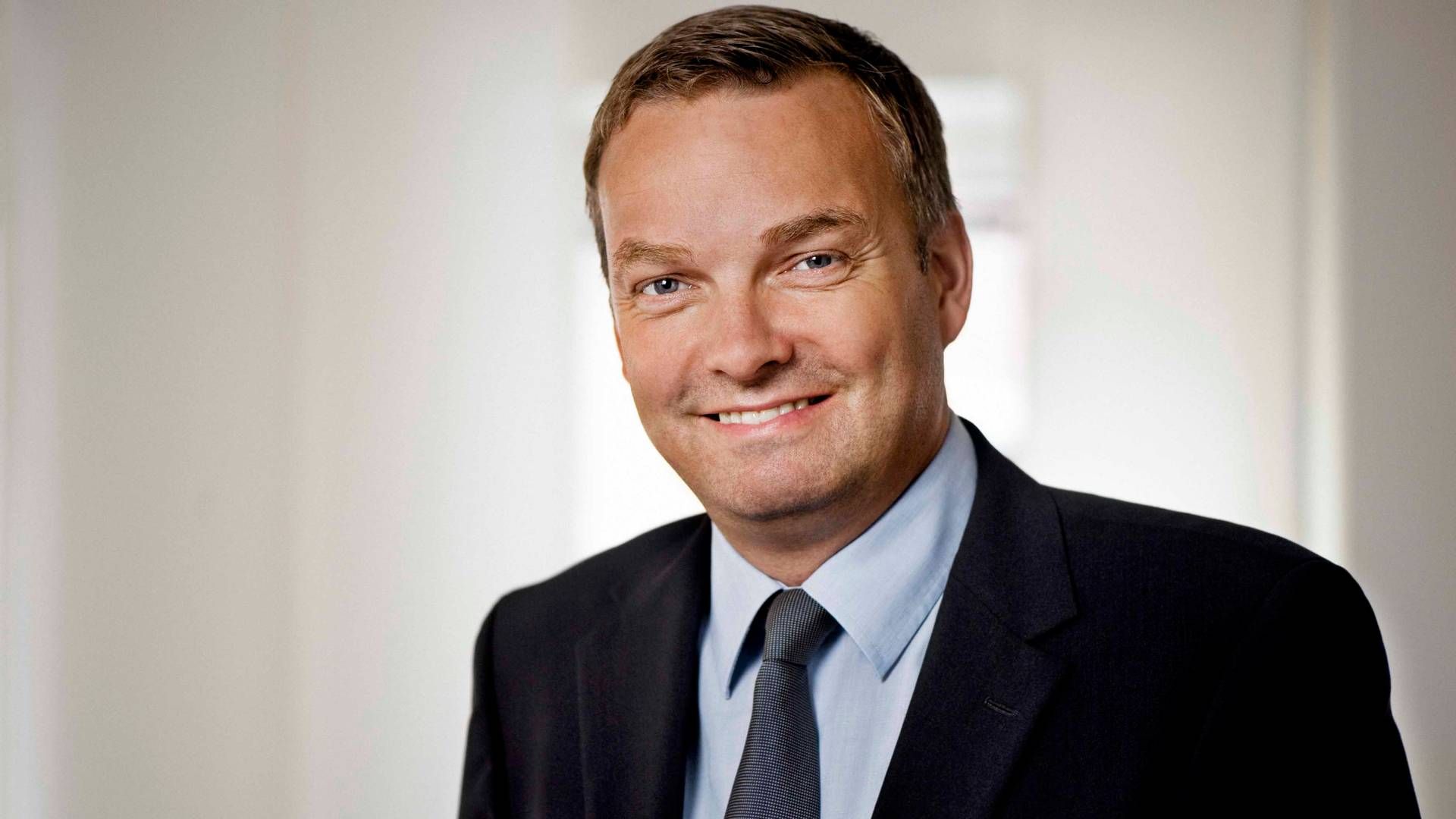"The AP Funds became my Hotel California..."

What career path did you envision for yourself when you were younger?
I grew up in a rural area, around Linköping, and my first job was the local bank. When I was really young, I probably wanted to be a policeman. Isn't that what most boys want? And then later on, when I did my military service in the air force, I faced another decision. I liked that work so much that I almost decided to do it permanently. But in fact I chose to be a local banker when I left university.
When did you decide on the career path that you're on today?
The change into pensions happened in the early 1990s, when we had our own financial crisis in Sweden. All the interesting jobs disappeared, including banking jobs. Then one day at a conference I ran into someone who was setting up a Mercer subsidiary in Sweden – it was to be the first Nordic Mercer. He was Ola Larson, and he became my first boss in pensions. This was in the last quarter of 1992, and I had no clue at the time what Mercer did. But he said I need someone, and no one wanted to do it, because if you were in pensions in Sweden at that time, you either had a solid job in insurance or you worked in the new insurance broking business where you earned commission.
The reason Mercer was setting up in Stockholm was that mainly American companies were buying up Swedish companies at that time, mostly because the kronor became so cheap. These US firms needed the pension schemes of the companies they were targeting to be valued as part of their due diligence. So Ola told me he had a secure job for me on fixed pay, and I went to Stockholm to set up that first Mercer firm.
What part of your education has been most useful in your career?
That was probably in around 1995 when Mercer sent me to London. There was a big deregulation happening then, and changes going on in asset management and pensions. Mercer realised they needed to do something about this in Sweden, and that they had these guys in Stockholm. They brought us to London, and there were two people in particular who taught me some of the most important concepts in pensions. Divyesh Hindocha taught me everything about asset liability management, and Pamela Garrud, the head of manager research and selection, showed me how her area worked. Both of these were unknown concepts in Sweden at the time.
But between 1995 and 1997, the whole field of pension portfolio construction exploded in Sweden, and suddenly companies and pension funds wanted to use external providers for their pension fund management. We had a very exciting time, because we were the only ones on the ground at that time who were able to do this. At around that time, the three of us at Mercer got the first consulting mandate to review the AP funds – and that's when the funds became my Hotel California!
What part of your CV represents the most drastic change in your career path?
My move to London in 2001 to work for Goldman Sachs Asset Management was a big step, though I wouldn't describe it as drastic! I was there for three and a half years and had a fantastic time. That was just after the IT crisis and it was a matter of picking investors up from the mindset of having lost a lot of money. So it was a very educational time.
Which leader in the industry has been most inspiring to you career-wise?
I've been fortunate to work with a lot of brilliant people. Ola Larson was the most important of them in career terms, because he gave me an opportunity that was far beyond what I would have expected at the time. He took a big risk with me, and without that, I would not have done what I have done in my career. He was a good sounding board, and a believer. He believed in me, and that allowed me to go on, working with him on what was really quite an aggressive growth plan. He's retired now, but we still meet up.













